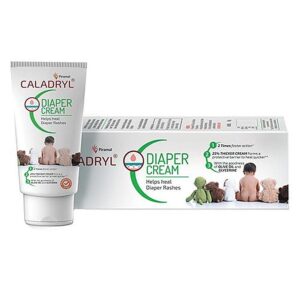OLIVE OIL + VITAMIN E
Olive Oil: Drug Name: Olive Oil
Use: Olive oil is a natural product derived from the fruit of the olive tree (Olea europaea). It is primarily used as a dietary oil for cooking and food preparation.
Mechanism of Action: Olive oil is a rich source of monounsaturated fatty acids, specifically oleic acid. It also contains antioxidants, such as polyphenols, which have been associated with various health benefits. When consumed, olive oil can help reduce the risk of heart disease by lowering LDL (bad) cholesterol and increasing HDL (good) cholesterol levels. It also has anti-inflammatory properties and can improve blood sugar control.
Dose: The dose of olive oil varies depending on its intended use. In cooking, it is typically used as needed for sautéing, frying, or as a salad dressing. For health benefits, the Mediterranean diet recommends consuming two tablespoons of virgin olive oil daily.
Side Effects: Olive oil is generally considered safe for consumption, and side effects are rare. However, excessive consumption may lead to weight gain due to its high calorie content. Some people may also experience mild gastrointestinal symptoms, such as diarrhea or upset stomach, especially when consuming large amounts. Additionally, individuals with allergies to olives may have an adverse reaction to olive oil. It is important to note that excessive use of olive oil for external application may cause skin irritation or allergic reactions in some individuals. Therefore, it is recommended to test it on a small area of skin before widespread use.
Vitamin E: Vitamin E, also known as alpha-tocopherol, is a fat-soluble vitamin that is essential for the proper functioning of the body. It is primarily used as a dietary supplement to treat or prevent vitamin E deficiency, which can occur in individuals with certain medical conditions or those who have difficulty absorbing fats.
The primary function of vitamin E in the body is as an antioxidant. It helps protect cells from damage caused by free radicals, which are unstable molecules that can lead to oxidative stress and contribute to various health problems, including heart disease and cancer. Vitamin E also plays a role in immune function, cell regulation, and red blood cell production.
The recommended daily intake of vitamin E varies depending on age, sex, and health conditions. For adults, the recommended dietary allowance (RDA) ranges from 15 mg to 30 mg per day. However, higher doses may be recommended for specific medical conditions under the guidance of a healthcare professional.
While vitamin E is generally considered safe when taken in recommended doses, high doses of vitamin E (exceeding the upper limit of 1,000 mg per day) can increase the risk of bleeding, especially in individuals taking blood-thinning medications. Other potential side effects of high-dose vitamin E include nausea, diarrhea, stomach cramps, fatigue, headache, and blurred vision.
It is important to note that vitamin E supplements should be used with caution in individuals with certain health conditions, such as bleeding disorders or diabetes, as well as during pregnancy and breastfeeding. It is always advisable to consult with a healthcare professional before starting any supplements or increasing the dosage of vitamin E. Additionally, it is important to choose high-quality supplements from reputable sources to ensure purity and effectiveness.

